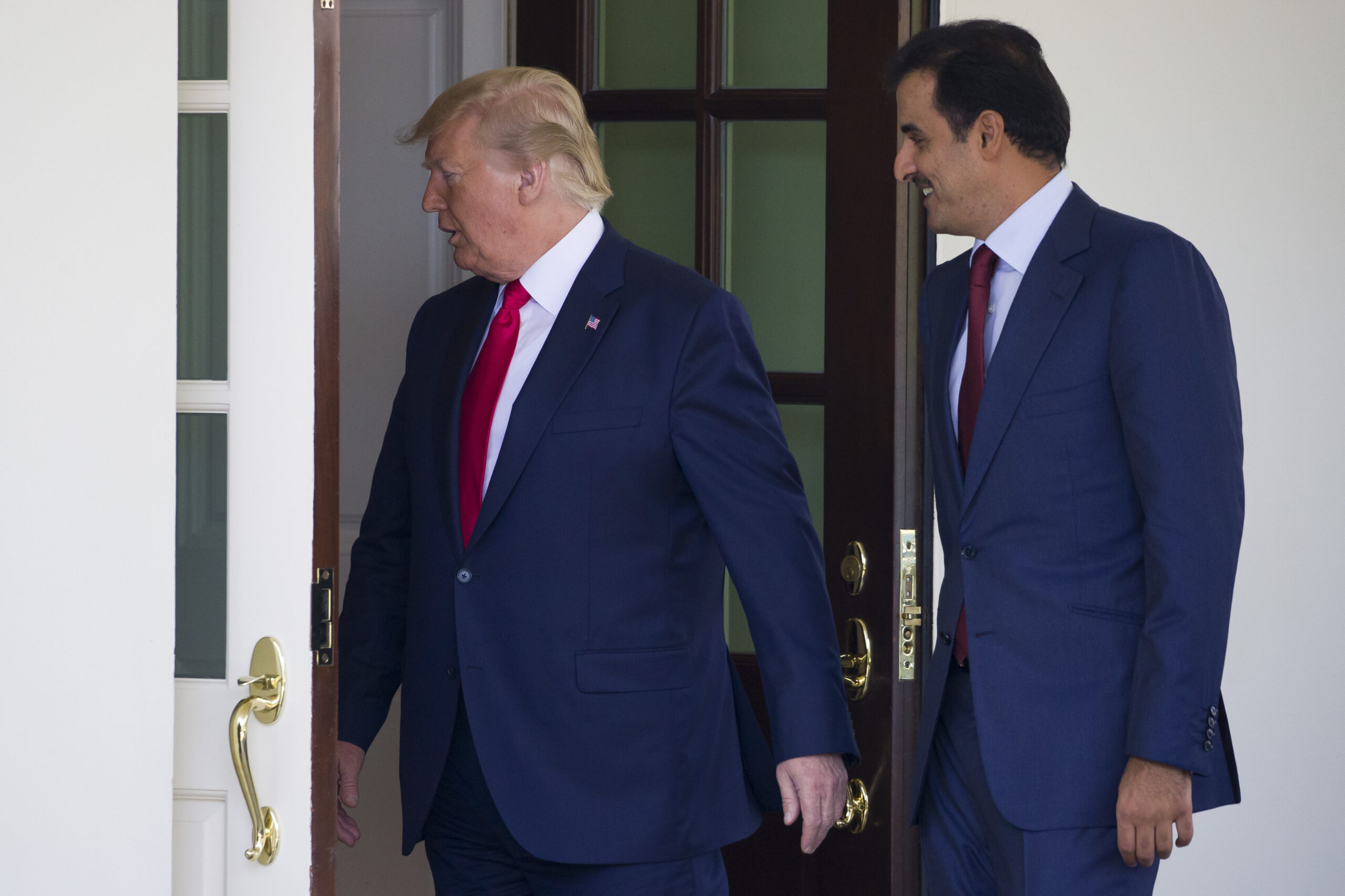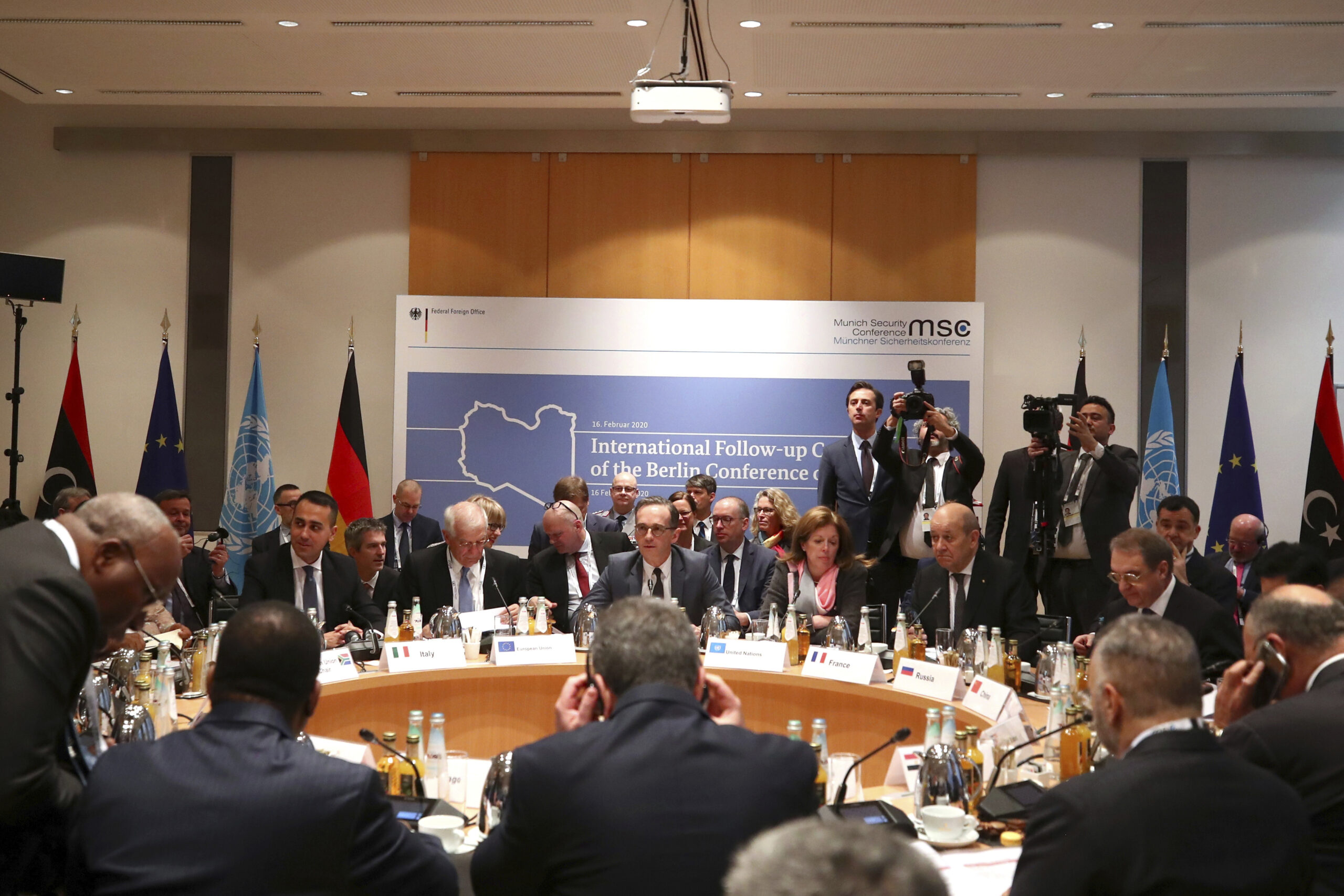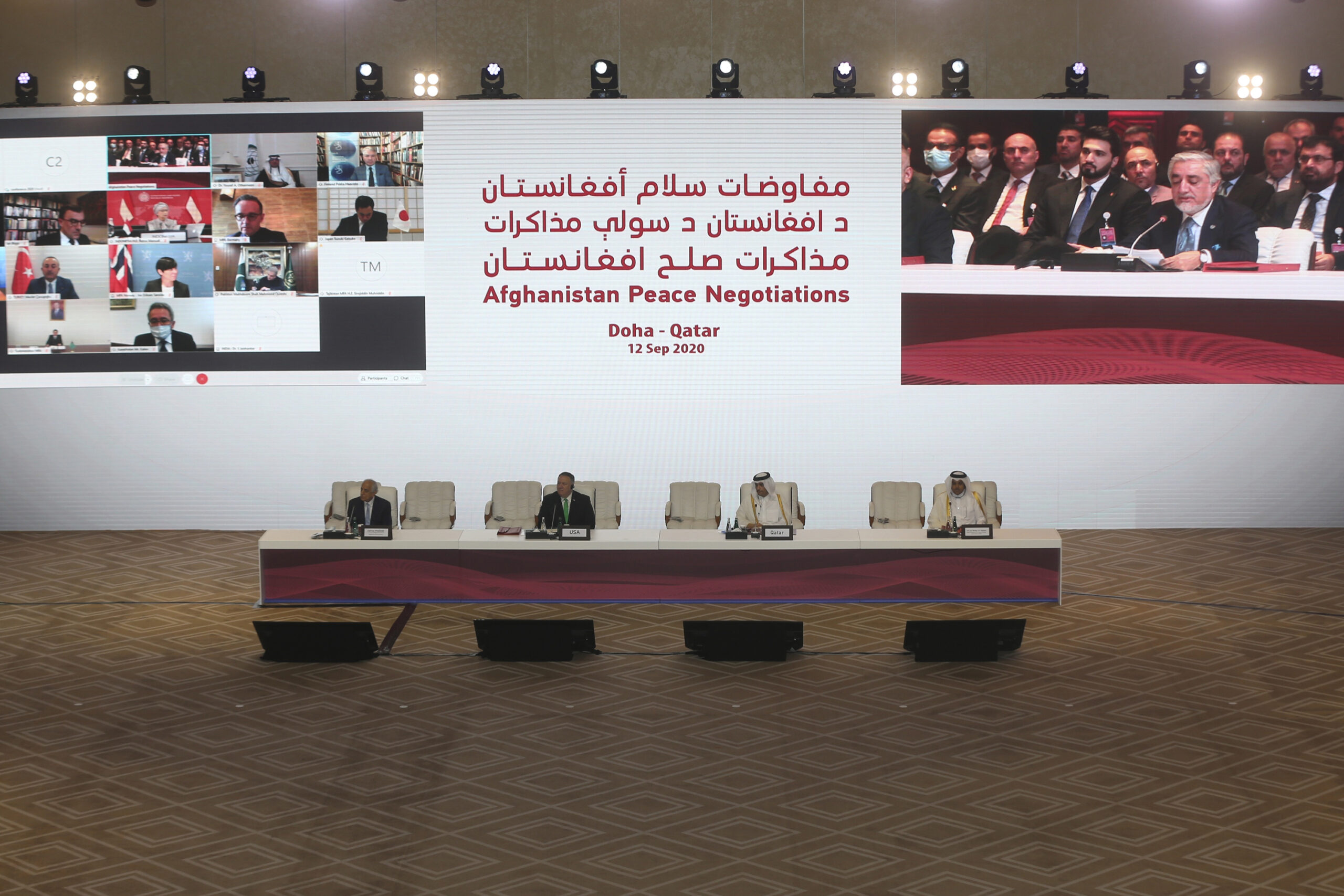A Resolution of Qatar Boycott Looms, But Can It Last?
Even the UAE seems ready to reconcile but underlying disputes are likely to persist.

The wide-ranging boycott of Qatar imposed in June 2017 by the self-described “anti-terror quartet” of Saudi Arabia, the United Arab Emirates, Bahrain, and Egypt finally appears to be on the brink of a broad-based resolution. The outgoing U.S. administration of President Donald J. Trump has made resolving the dispute a priority in its final months and the incoming team of President-elect Joseph R. Biden Jr. has strongly indicated its desire not to inherit this standoff among key U.S. partners in the Gulf region. Kuwaiti mediation appeared to bring Riyadh and Doha close to a narrower bilateral reconciliation early in December, but that stalled at the last minute, giving way to what appears to be a broader Gulf Cooperation Council rapprochement. Yet many of the outstanding disagreements may persist, suggesting an uncertain future.
For several years, Washington has been pushing for a resolution of the Gulf states’ standoff. But because the United States did not make its relations with any of these key partners contingent on a specific outcome, its interventions were easily ignored. Over time, however, key actors on both sides clearly began to see the virtue in standing down. With the help of its key regional partner, Turkey, and closer relations with Iran, Qatar was able to develop short-term workarounds for ties with its Gulf neighbors, but in the long run Doha requires working relations with these states, particularly Saudi Arabia.
For their part, the Saudis came to increasingly view the boycott as yielding diminishing returns, and they signaled their interest in finding a solution to both Doha and Washington repeatedly in recent months. For Riyadh, the key is strengthening the coalition against Iran. Increased U.S. pressure on Tehran, Iran’s persistent attacks on U.S. and Saudi interests, and uncertainty about the policies of the incoming Biden administration intensified interest in a unified Gulf position. In addition, Saudi leaders increasingly conceded that the boycott had achieved whatever it was likely to accomplish and Riyadh came to believe it had more to gain than lose by asserting that it has made its point and that it is time to end the boycott.
U.S. and Kuwaiti mediation brought Saudi Arabia and Qatar to the brink of a limited bilateral agreement early in December. Indeed, Qatari officials signaled on Twitter that the Kuwaiti Foreign Ministry was about to make an important announcement regarding the issue, widely understood to be the beginning of a bilateral rapprochement between two Gulf Arab states allied with Washington. But that announcement never came. It appears that rather than proceeding with a more limited bilateral agreement, the potential for and usefulness of a broader GCC reconciliation involving the UAE, which is by far Qatar’s harshest critic, became evident. Talks persisted until late this week when the January 2021 GCC summit was relocated to Riyadh and key UAE officials and analysts began indicating that the UAE is no longer opposed to an agreement and that a “consensus” to end the boycott has been reached.
Hosting the summit in Riyadh allows the agreement to be firmly stamped as “made in Saudi Arabia.” Qatari Emir Tamim bin Hamad al-Thani is expected to attend, along with the other Gulf heads of state and government. Details of an agreement remain undisclosed. But Washington has been strongly pushing for the reopening of commercial overflight routes for Qatar Airways in Saudi airspace, the denial of which is by far the biggest practical impact of the boycott. This forced Qatar Airways to take various inefficient circuitous routes and, especially, to obtain overflight permissions from Iran. In the process, Tehran gained important leverage over Doha and, perhaps even more important from the perspective of the Trump administration, $100 million annually in fees for the privilege.
Given the scope of the U.S. “maximum pressure” sanctions, that $100 million is one of the most obvious remaining sources of regular foreign revenue for Tehran that the United States can still try to disrupt. On both scores, therefore, reopening Saudi airspace to Qatari Airways is seen by both Riyadh and Washington as a significant blow to Iran. And both the Trump administration and the Saudi government are seeking to strengthen leverage over Tehran as much as possible in anticipation of an expected conciliatory policy from the incoming Biden administration. If this airspace is reopened, most of the practical impact of the boycott against Qatar will be lifted, and if it is paired with a reopening of the land border with Saudi Arabia, it will be effectively over.
Saudi Arabia and the UAE will have their expectations of Qatar as well. They will continue to press Doha to considerably moderate the use of Qatari-funded media, particularly Al Jazeera in Arabic, to promote populist opposition movements throughout the Arab world. They will continue to press Qatar to attenuate promotion of the Muslim Brotherhood and similar Islamist groups, which a number of other Gulf Arab countries have designated as terrorist organizations. And they will seek a reduction in support for pan-Arab nationalist rhetoric as well. Most important for Saudi Arabia, though, will be demands that Qatar cease supporting and hosting opposition groups from other Gulf Arab countries and meddling in the kingdom’s domestic affairs.
Over the long run, there will also be a strong expectation that Qatar will significantly diminish its ties with Iran and also even begin to distance itself from Turkey. This last point may prove wishful thinking. The Ankara-Doha axis is now well established, powerful, and operating on the ground in many parts of the Middle East and North Africa. It has been strengthened by the emergence of Ankara as the senior partner in the relationship and the hub and epicenter of a much more vertically integrated network of Sunni Islamist actors in the region. What had been an inchoate, loose, and informal set of alliances has solidified into a new coalition in the region with Turkey serving as its clear leader and Qatar as its main cheerleader and bankroller.
Because these disagreements regarding the role of political Islam, Islamist groups, and the emerging Turkish reengagement with the Arab world will almost certainly not be resolved, underlying fault lines that gave rise to the boycott are likely to persist, as they did following an earlier diplomatic standoff. Saudi Arabia, the UAE, and other Gulf Arab countries withdrew their ambassadors from Qatar in a dispute in 2013-14 over precisely these issues. That was resolved through a set of agreements that were supposed to address the question of Qatar’s policies that are seen by other Gulf powers as undermining their national interests. But Saudi Arabia and the UAE concluded that Qatar had not changed its ways and their frustration ultimately resulted in the 2017 boycott.
Even if this current GCC standoff is resolved at the January 5 Riyadh summit, given the number of issues likely to remain unresolved, there is significant potential for future discord and perhaps another crisis over Qatari policies sometime in the foreseeable future.
The views represented herein are the author's or speaker's own and do not necessarily reflect the views of AGSI, its staff, or its board of directors.



























